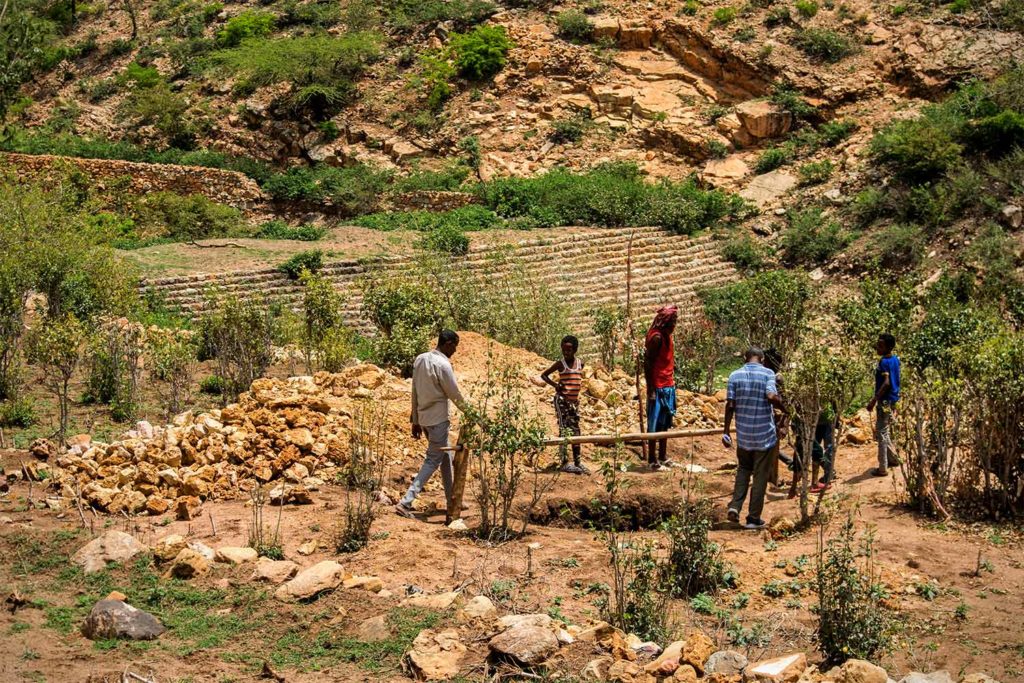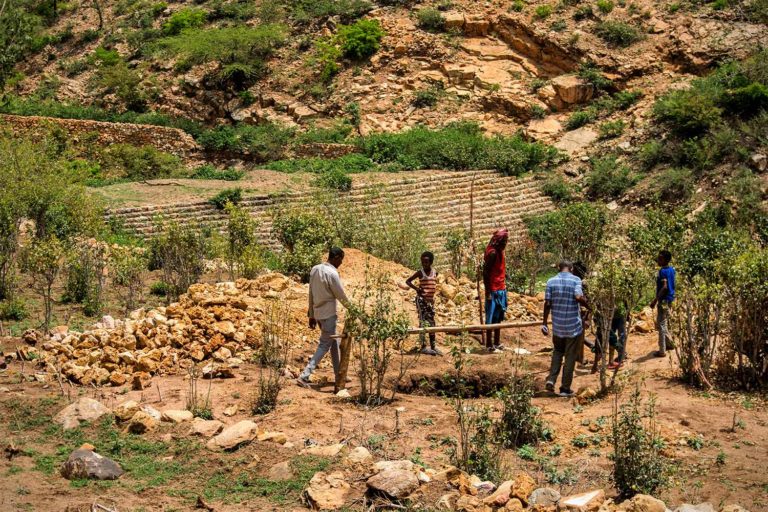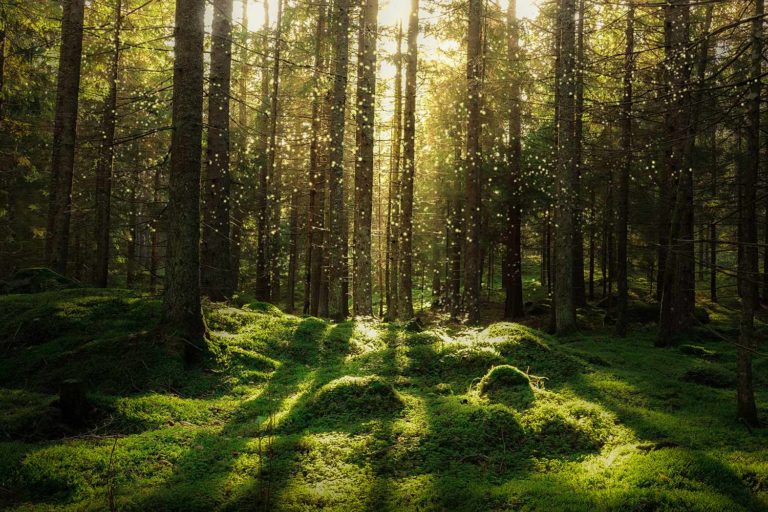PROJECT: WATER FOR RESILIENT LANDSCAPESNetworking and Capacity Building
The thematic team Water for Resilient Landscapes provides platforms and opportunities for dialogue, knowledge exchange, and capacity development.

The Water for Resilient Landscapes (WRL) team’s work includes convening and co-convening seminars, webinars and events to Swedish and international audiences. Target groups include policy-and decision makers, technical experts, the scientific resource base as well as the interested public. All events are communicated at SIWI’s webpage and in the SIWI Swedish Water House Newsletter. The events are often livestreamed as well as published afterwards on the SIWI YouTube channel.
The WRL team also contributes to enhance the scientific understanding of the forest-water nexus through involvement in expert and research networks such as the Agroforestry Network, the Forest, Climate and Livelihood research network (Focali), the Forest Water Champions, and the Swedish International Agricultural Network Initiative (SIANI).
The team is engaged in multiple capacity development initiatives. Training and capacity-building can help local stakeholders identify ecosystem services provided by the landscape, analyse trade-offs and design water-smart management interventions. Together with FAO the team has developed the Forest and Water Nexus Introduction Course published in the FAO E-learning Academy. The course provides an overview of forest and water relationships, and the impacts of changing landscapes on water resources and hydrological flows.
The team is also involved in the Locally Controlled Forest Restoration (LoCoFoRest) Programme, a five-year International Training Programme lead by the Swedish Forest Agency aimed at building capacity for community-based forest restoration for forestry-related stakeholders in low- and middle-income countries in Africa and Asia.
To ensure that the hydrological cycle is considered in forest and landscape restoration initiatives, the WRL team is currently developing the Water-smart Forest and Landscape Restoration (W-FLR) Tool. The overall objective of the W-FLR Tool is to assess water risks and opportunities, and mainstream water into FLR-relevant plans and initiatives.



